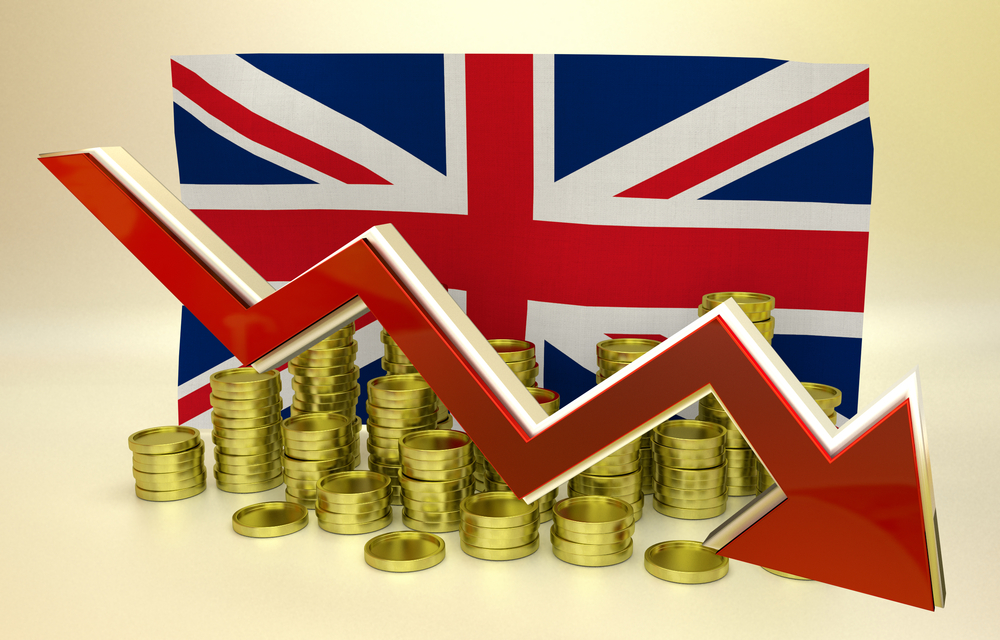Experienced Investor
UK economic growth lower than expected

The UK economy showed weakening growth in the three months to the end of June, according to figures published by the Office for National Statistics (ONS).
Notably, the country’s all-important services sector – which makes up around four-fifths of the UK’s output – showed signs of slowing. Household spending was also relatively weak. Overall, the economy grew 1.5% over the same quarter in 2016, the weakest level since the first quarter of 2013.
One area of relative strength was in business investment, which grew more strongly than previously estimated. This suggests that Brexit may not be having a significant effect on whether companies do business in the UK.
Ian Kernohan, economist at Royal London Asset Management, said: “Growth in consumer spending slowed to just 0.2% quarter on quarter and was revised downwards for the second half of 2016. By contrast, growth in business investment was revised up in 2016, while the estimate for growth in business investment for the second quarter of 2017 was also revised up to 0.5%, suggesting no major impact from the Brexit vote.
He said that the figures would influence the likely path of interest rates: “The Bank of England (BoE) will be keen to see the first estimate for GDP in the third quarter, that’s due next month…Unless the economic data shows signs of renewed weakness during October, we expect an interest rate rise in November.”
However, Joshua Mahony, market analyst at IG, said a rate rise was not an inevitability: “The final UK GDP reading of 1.5% will come as an unwelcome surprise for those at the BoE, with the health of the UK economy coming into question yet again despite the possibility of a rate rise in the coming months. With today’s 1.5% rate of annual UK growth standing at half of that seen three years ago, one wonders where we will stand in another three years’ time.
“While the Fed and ECB are raising rates in response to a strengthened economic picture, the fact is that we could easily see the impact of a BoE rate rise fail to address the rising inflation problem owing to the simultaneous actions of their counterparts.